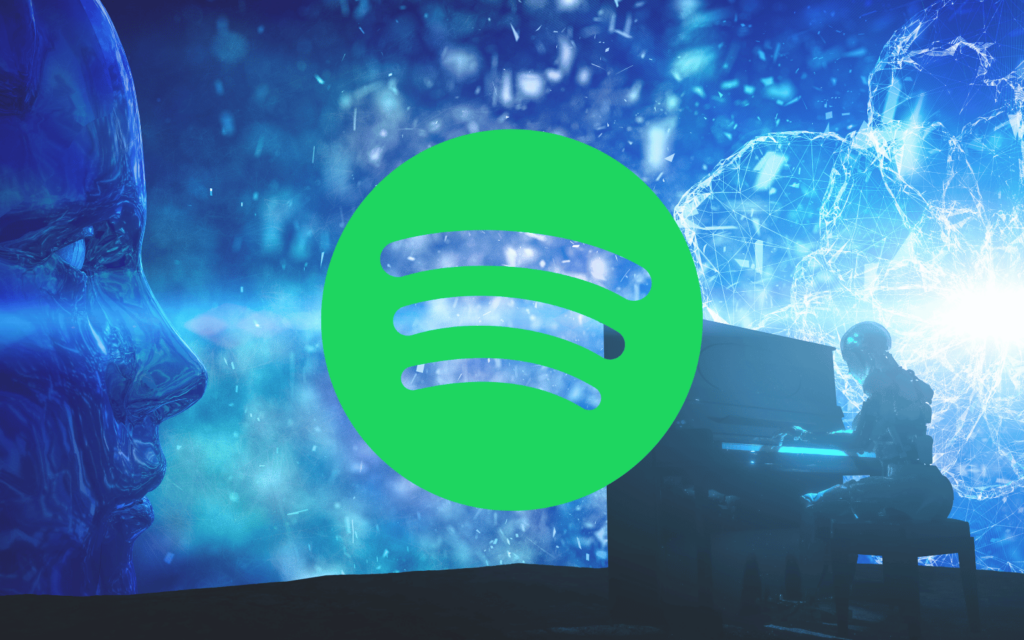Are you tired of AI taking over your feed? We feel the same way. And, apparently, so does Spotify. The musical giant recently took down thousands of songs from Boomy, a startup whose schtick is producing artificially generated “music”. Unfortunately, despite removing “tens of thousands” from Boomy’s catalogue, that only amounts to a measly seven percent of the entire bouquet according to someone close to the matter.
“And now, here’s… Human Music”
The thing is; Spotify isn’t too fussed about where the music came from. If that were the case, Nickelback would have already been wiped off the face of the platform. But that doesn’t mean it’s not concerned about artificially generated music in general. In fact, during Spotify’s quarterly financial call, CEO Daniel Elk described AI-generated music as “cool and scary.” He went on to say, “We’re working with our partners on trying to establish a position where we both allow innovation but, at the same time, protect all of the creators that we have on our platform.”
So, what’s the problem? If the Financial Times is to be believed, Universal Music reportedly flagged a select few (“tens of thousands”) of Boomy’s uploads over concerns of suspicious streaming activity. Spotify suspects that the songs were receiving inflated stream figures with the use of bots, a process known as ‘artificial streaming’.
Read More: Text-to-audio generation is here. One of the next big AI disruptions could be in the music industry
And it appears that the problem isn’t going away anytime soon. While Spotify is currently only taking issue with Boomy’s fraudulent streams, the AI-music industry is on track to take over the industry. Not in a Skynet Terminator way, but in a “help, I can’t find my Nickelback!” sort of way. In the two years that Boomy’s been in business, it’s created 14.5 million songs, which amounts to nearly 14% of all recorded music. Yeah, you read that correctly.
That’s not even considering worries over copyright concerns. If the internet (and especially Nintendo) have taught the world anything, it’s that companies don’t like being stolen from. What will happen when a piece of artificial “music” begins to imitate the world around it? Oh, wait, that already happened. This is just the beginning of a new age, and we may be unable to stop it.




